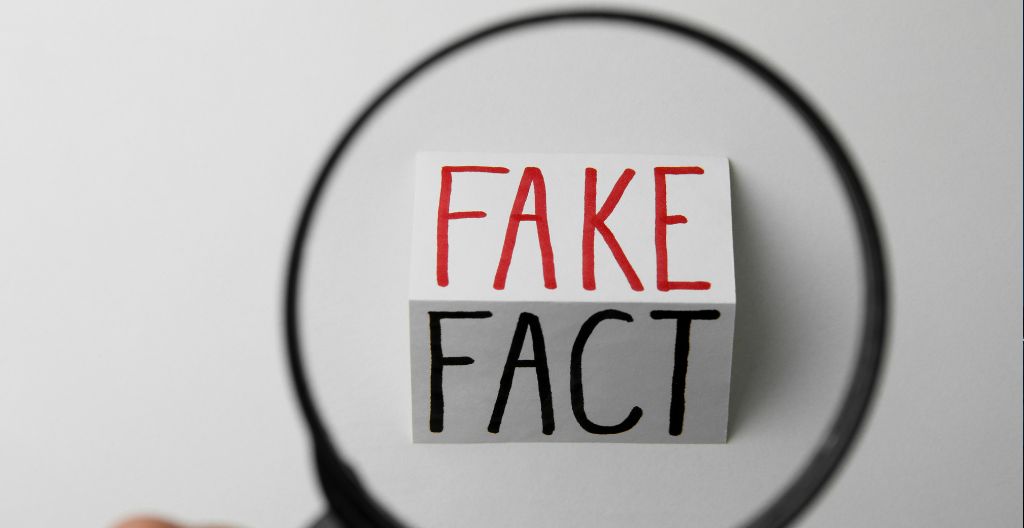This article explores the escalating global issue of misinformation vs disinformation in today’s digital age.
It examines the role of social media in spreading false information, the impact on democratic processes, and the necessary countermeasures.
The need for improved digital literacy, policy intervention, and technological solutions will also be discussed.
The aim is to stimulate discourse and research into effective strategies to mitigate this pressing concern.
Key Takeaways
- Disinformation undermines democracy, peace, and human rights.
- Gendered disinformation undermines democratic values in Moldova.
- Disinformation leads to erosion of trust in democratic institutions and increased social polarisation.
- Legal ambiguity hinders efforts to combat disinformation.
Decoding Misinformation and Disinformation: Defining the Terms
In the context of deciphering the impacts and challenges of misinformation and disinformation, it is crucial to initially define and distinguish these terms, as understanding the distinction between the unintentional spread of false information (misinformation) and the deliberate propagation of deceitful narratives (disinformation) forms the bedrock for any substantive discussion on this topic.
Misinformation refers to inaccuracies that stem from error, often spread without malicious intent, yet still potentially harmful. Disinformation, on the other hand, carries a nuanced meaning, involving the intentional creation and sharing of false information with the objective to deceive or mislead.
Recognising this distinction is essential in formulating effective strategies to combat these corrosive influences on public discourse.
The Pervasive Impact of Misinformation and Disinformation on Society
Misinformation and disinformation have profound impacts on society. They influence public opinion, undermine trust in institutions, and exacerbate societal divisions. These malicious information disorders manipulate perceptions, fuel social polarisation, and erode democratic values.
In the political sphere, misinformation and disinformation can skew electoral outcomes. In the social sphere, they perpetuate gender stereotypes and fuel discrimination. The digital era has amplified the reach and impact of false information, with its unchecked spread.
The consequences of misinformation and disinformation are significant. Health crises can be spurred by vaccine misinformation, while social unrest can be triggered by orchestrated disinformation campaigns.
Countering this threat requires a comprehensive, multi-stakeholder approach. It should encompass effective legislation, responsible media practices, and an informed and critical public.
Strategies for Identifying and Countering Misinformation and Disinformation
Understanding the nuances of misinformation and disinformation is crucial for choosing among the different types of content strategy aimed at promoting information integrity and countering these pervasive threats to democratic societies.
Misinformation, often spread unintentionally, and disinformation, deliberately disseminated, both distort public opinion, undermine trust, and destabilise societies.
Strategies to counter these threats include promoting media literacy, strengthening fact-checking mechanisms, and advocating for transparency in the digital sphere.
Governments, tech companies, and civil society must collaborate to foster a healthy information ecosystem. This involves regulatory measures, technological solutions, and public education.
Crucially, research into the spread and impact of false information must guide these strategies.
In the digital age, safeguarding information integrity is a collective and urgent task.

Case Studies: The Role of Misinformation and Disinformation in Real World Scenarios
Delving into specific case studies offers a thorough examination of the role misinformation and disinformation play in real-world scenarios, and provides valuable insights into the effectiveness of various mitigation strategies.
The 2022 elections in Bosnia and Herzegovina, for instance, were marred by rampant disinformation, leading to widespread social discord and political instability.
Similarly, in Moldova, gendered disinformation campaigns have systematically undermined democratic values.
In both cases, local initiatives, such as BRYCA in Central Asia and the Information Integrity Coalition in Georgia, have taken up the mantle of combating misinformation through fact-checking and promoting critical thinking.
However, these efforts underscore the urgent need for stronger regional cooperation, improved legal frameworks, and a commitment from social media companies to engage in the fight against disinformation. This has been an issue since the origin of social media and it needs to be tackled. If you are wondering ‘when was social media invented?’, here’s your answer.
Future Perspectives: Tackling the Misinformation and Disinformation Crisis
While we must acknowledge the significant strides made in combating the misinformation and disinformation crisis, we must also recognise that as we move forward, the challenge will be to strengthen regional cooperation, establish clear legal frameworks, and secure the commitment of social media companies to actively participate in the fight against disinformation.
These future perspectives require a proactive approach, including robust measures to promote media literacy, enhance fact-checking capabilities, and encourage research into the spread and impact of disinformation.
Furthermore, governments, civil society, and academia must work in unison to curb the proliferation of false information.
Conclusion
The escalating problem of misinformation and disinformation, particularly on social media platforms, threatens societal harmony and democratic processes. It necessitates robust strategies encompassing enhanced digital literacy, policy interventions, and technological solutions.
Future research should focus on devising effective mechanisms to identify and counter false information, ensuring the preservation of truth in public discourse.
Addressing this global issue will contribute to a safer, more informed society, and uphold the integrity of democratic processes.
Sign up for our Life Sciences Newsletter and boost your engagement with HCPs
FAQ
Do Technical Writing Firms Also Have Issues with Misinformation?
Technical writing firms can face issues with misinformation, especially if they rely on inaccurate or outdated sources. The nature of technical writing demands precision and factual accuracy, so any misinformation can significantly undermine the credibility and reliability of the content. Firms must ensure thorough fact-checking and regular updates of their content to maintain accuracy. Misinterpretation of complex technical data or rapid advancements in technology can also contribute to inadvertent misinformation. To mitigate this, firms often employ experts in the relevant fields and adhere to rigorous review processes.

